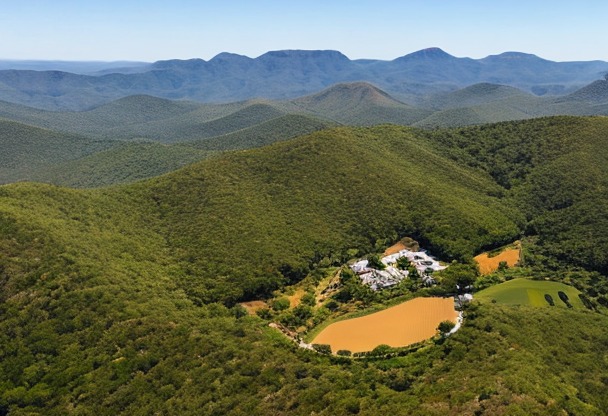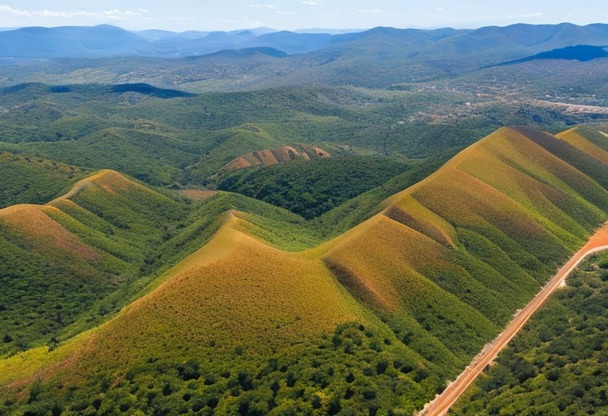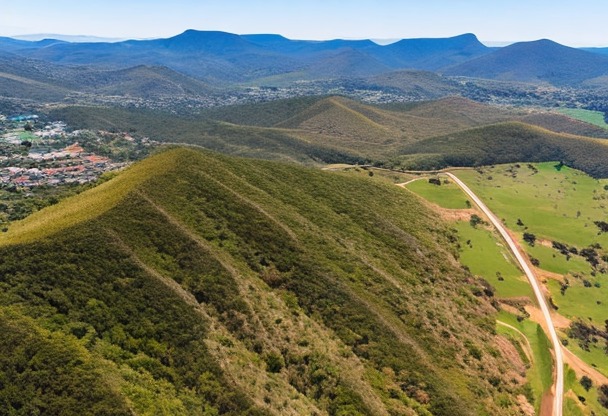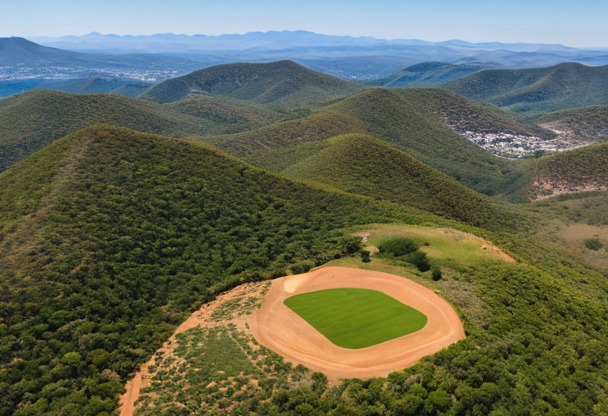Best time to travel to Eswatini
Choosing the right time for your trip to Eswatini can make all the difference. It's important to consider climatic elements, seasonal events and busy tourist periods to maximize your travel experience.

Location
Climate
Low and high season periods
Like most tourist destinations, Eswatini has low and high season periods, which affect visitor numbers, accommodation rates and availability. To make the most of your stay, it's important to be aware of these periods so you can better organize your trip.Low season
The low season in Eswatini generally runs fromApril to June and September to November. During this period, temperatures are cooler and rainfall lower. Tourist attractions are less crowded, so you can enjoy the sites to the full without having to deal with the crowds. What's more, accommodation rates are often lower during this period, which can be an advantage for those wishing to travel on a limited budget.High season
High season in Eswatini is between December and March as well as July and August. During this period, temperatures are higher and the climate is generally hot and dry. Tourist sites are busier, and accommodation prices rise accordingly. However, this period also offers the opportunity to attend many of the major cultural events taking place in the country.Major cultural events
Eswatini is rich in cultural traditions and festivals that attract many visitors every year. Here are some of the major events not to be missed during your stay in this magnificent country.Umhlanga Reed Dance
L'Umhlanga Reed Dance is an annual celebration that takes place in August or September, depending on the year. This traditional festival is dedicated to the country's unmarried girls, who gather to dance before the King and Queen Mother. The main aim of this event is to preserve Swazi culture and promote the education of young women. The Umhlanga Reed Dance is a unique opportunity to discover the rich culture and traditions of Eswatini.Incwala Ceremony
L'Incwala Ceremony is another important cultural celebration in Eswatini, taking place every December or January. It is a ritual ceremony of purification and renewal for the king and the nation, during which participants engage in traditional song and dance. The festivities last several days, attracting large numbers of visitors who come to witness this unique and fascinating event.Public holidays
In addition to major cultural events, Eswatini also celebrates a number of public holidays throughout the year. Here are some of the most important public holidays:- January 1st : New Year
- April 25 The King's birthday
- May 1st Labour Day
- July 22 Independence Day (Somhlolo Day)
- December 25 : Christmas
Climate and weather
The climate in Eswatini is generally temperate, with variations according to region and season. Here's an overview of the weather conditions you may encounter on your trip to the country:Rainy season
The rainy season in Eswatini generally extends fromoctober to march. During this period, temperatures are higher and rainfall can be heavy, especially in mountainous regions. It is therefore advisable to be well-prepared with a raincoat and suitable footwear.Dry season
The dry season in Eswatini lasts fromApril to SeptemberIt's the middle of the year, with generally mild temperatures and a dry climate. This is an ideal time to visit the country, as weather conditions are pleasant for outdoor activities and tourist sites are less crowded.Insurance

Your credit card does not cover you in all situations, that is whyIt is essential to take out insurance before you leave to avoid any unpleasant surprises. If you need to see a doctor or be hospitalized, in some countries, medical costs are very high and you will then find yourself having to pay several thousand euros.
Our partner Chapka Insurance proposes the contract CAP ASSISTANCE 24/24 with many essential guarantees.


Flights

Your flight has been cancelled or delayed ?
You may be eligible for a compensation of up to €600 ! For this, lawyers are responsible for handling your claim with the airline and are only paid when the reimbursement is effective.
In conclusion, no financial risk for you, only advantages!
Visa categories for Eswatini
Before we delve into the statistics, it's important to understand the different visa categories that exist in Eswatini. Foreigners wishing to visit the country are generally required to obtain one of the following visas:- Tourist visa : for international travelers on vacation or visiting friends and family.
- Business visa: for people visiting Eswatini for professional reasons, such as business meetings and conferences.
- Student visa: granted to foreign students wishing to pursue their studies at a local higher education institution.
- Work visa: for foreign workers employed by an Eswatini-based company.
Immigration statistics for Eswatini
Available data shows that the number of foreigners moving to Eswatini has increased in recent years. There are many reasons for this increase, including the country's political and economic stability and job opportunities in various sectors.Total number of immigrants
According to official figures, the number of immigrants in Eswatini has risen from 6,000 in 2000 to around 12,000 in 2020. This steady growth reflects the country's growing appeal to foreigners.Immigrant origin
The majority of immigrants to Eswatini come from neighboring countries, notably South Africa and Mozambique. However, there has also been an increase in the number of foreigners from other continents, such as Europe and Asia.Most popular visas in Eswatini
As mentioned above, there are several types of visa to enter Eswatini. Here is an overview of the most popular visas:- Tourism : Tourist visas are the most popular category, accounting for over 50% of total visa applications. This is mainly due to the growth of international tourism in the country.
- Work : Work visas are also in high demand, particularly in the construction and service sectors. Although their share is smaller than that of tourist visas, they still account for around 30% of total applications.
- Business and studies : Business and student visas account for around 10% each of Eswatini's visa applications. These figures reflect the country's growing importance as a destination for international entrepreneurs and students.
International tourism figures for Eswatini
Eswatini is a booming tourist destination, attracting increasing numbers of foreign visitors every year. Here are some key statistics on international tourism in the country:Number of international tourist arrivals
Based on available data, the number of international tourist arrivals in Eswatini has seen significant growth in recent years. In 2015, the country welcomed almost 950,000 visitors, compared with over 1.3 million in 2019. This increase can be explained in part by the efforts made by the government and players in the tourism sector to promote the country as a destination of choice.Tourism revenues
The tourism sector represents an important source of revenue for Eswatini. Revenues generated by international tourism have increased over the years, rising from 65 million USD in 2010 to almost 130 million USD in 2019. This growth testifies to the considerable economic potential of the country's tourism sector.Main issuing markets
The main source markets for international tourists in Eswatini are :- South Africa : Due to its geographical proximity and historical and cultural links with Eswatini, South Africa is the country's number one tourist destination.
- United Kingdom : The UK is the second largest emitting market, closely followed by other European countries such as Germany and France.
- UNITED STATES : Although a little further away, the USA also represents an important market for tourism in Eswatini, thanks in particular to the growing popularity of safaris and authentic cultural experiences.


